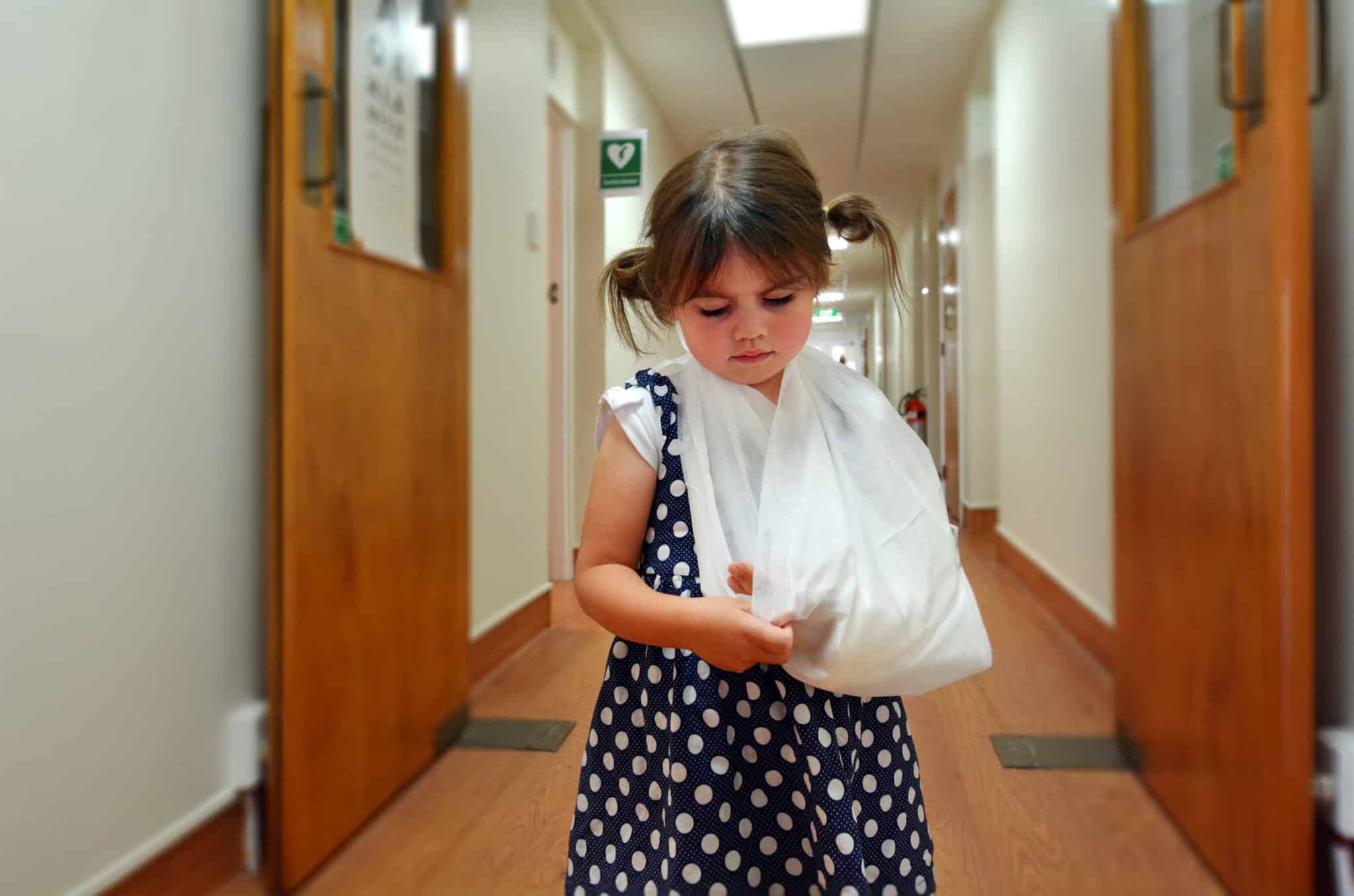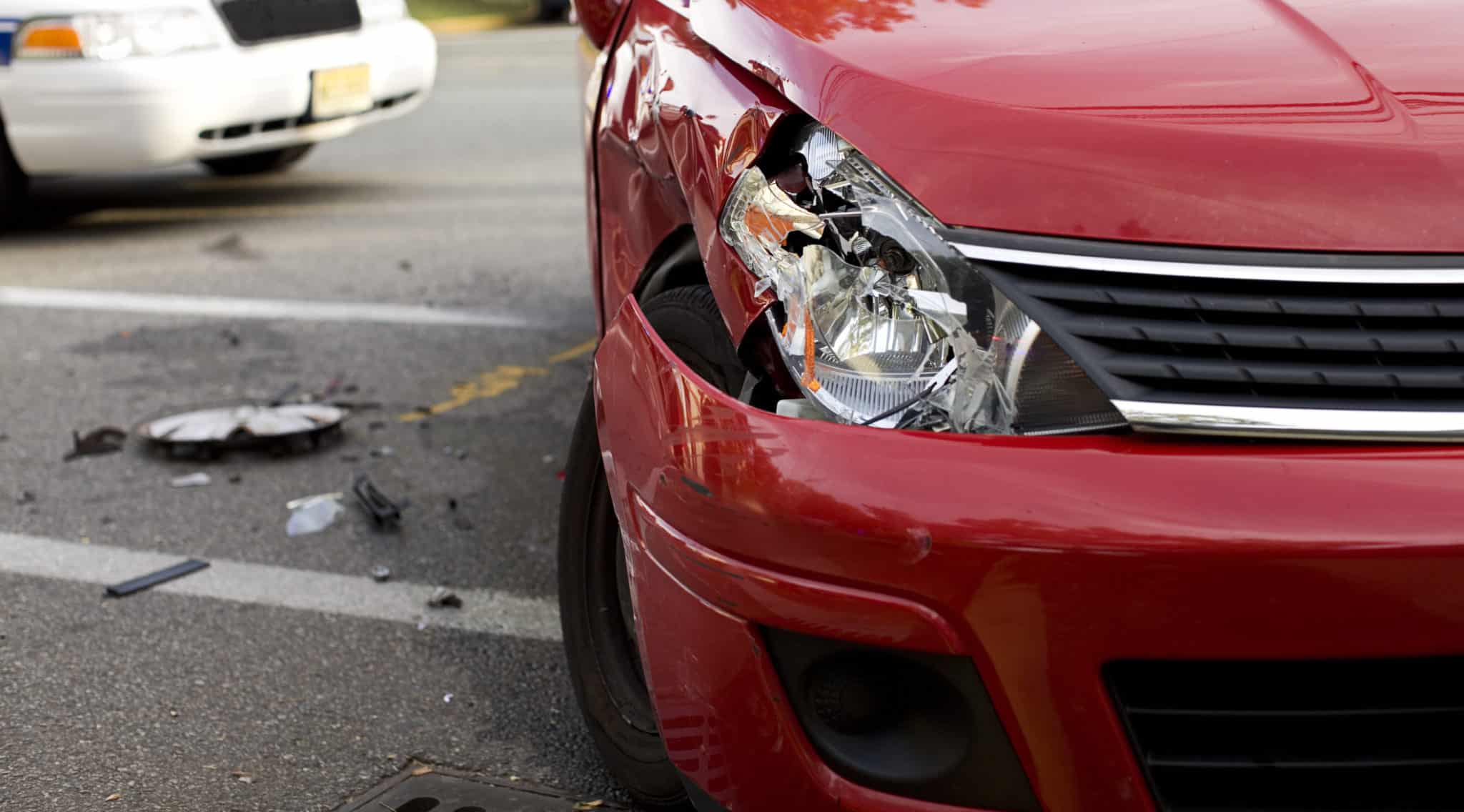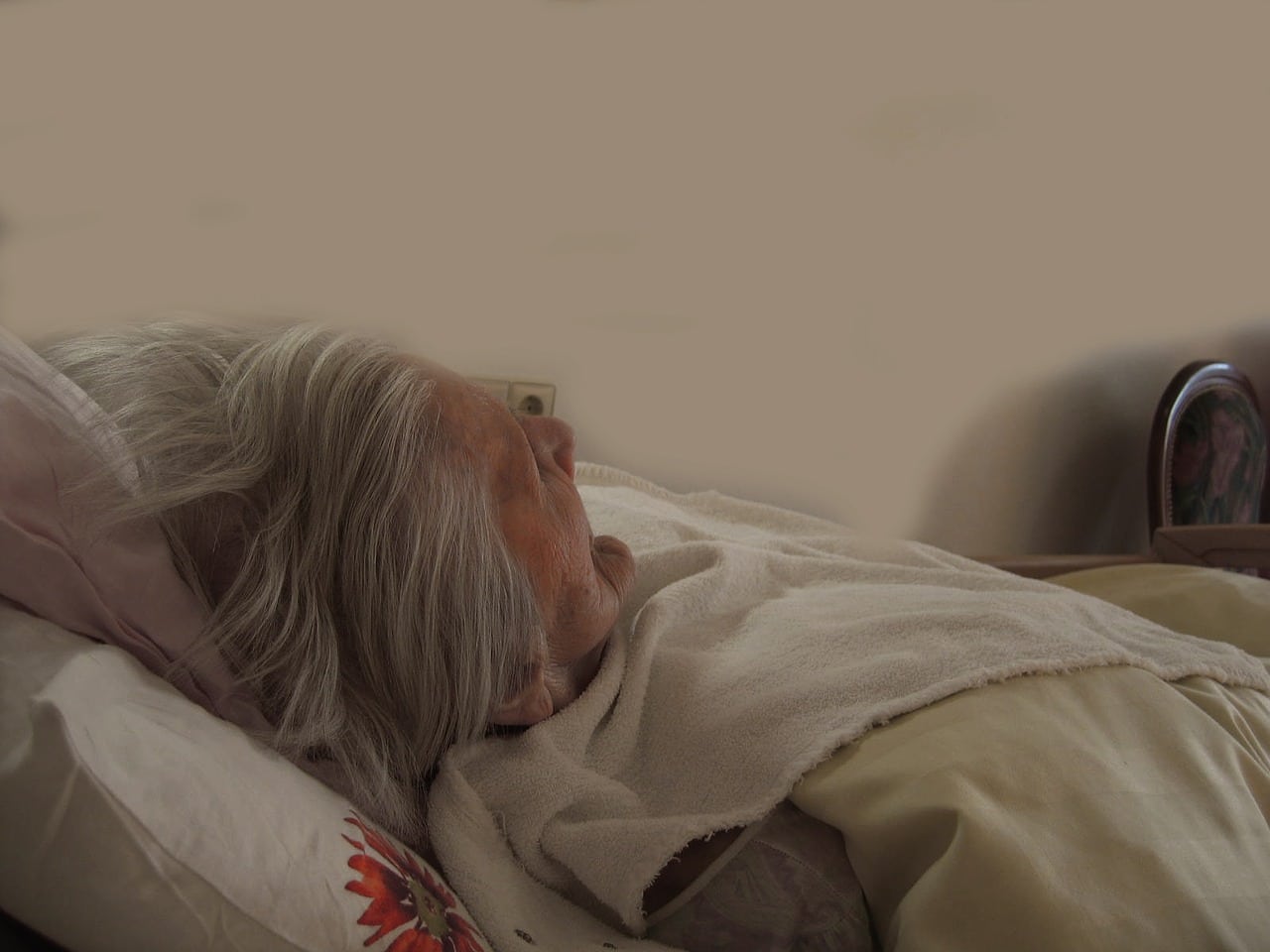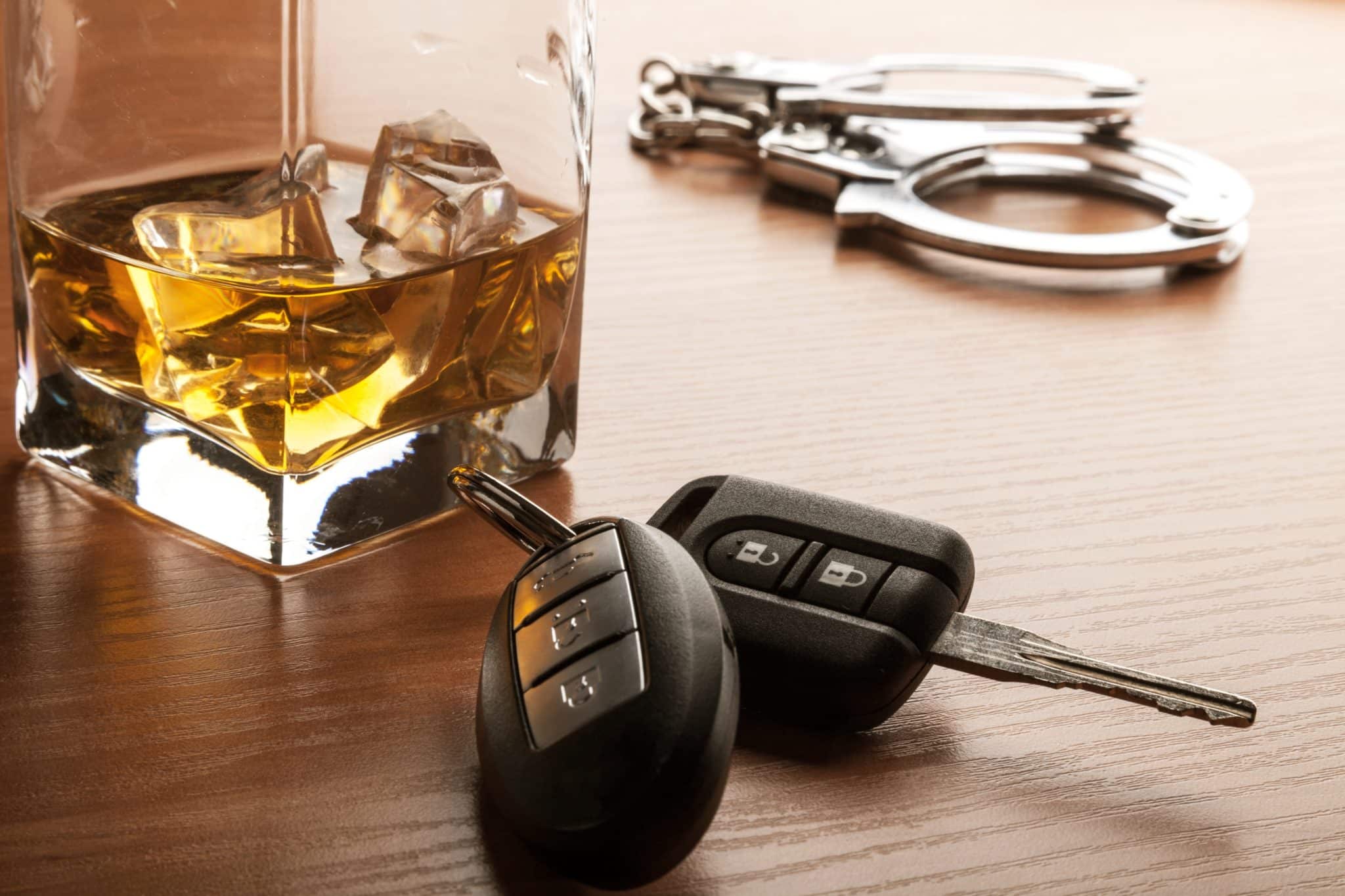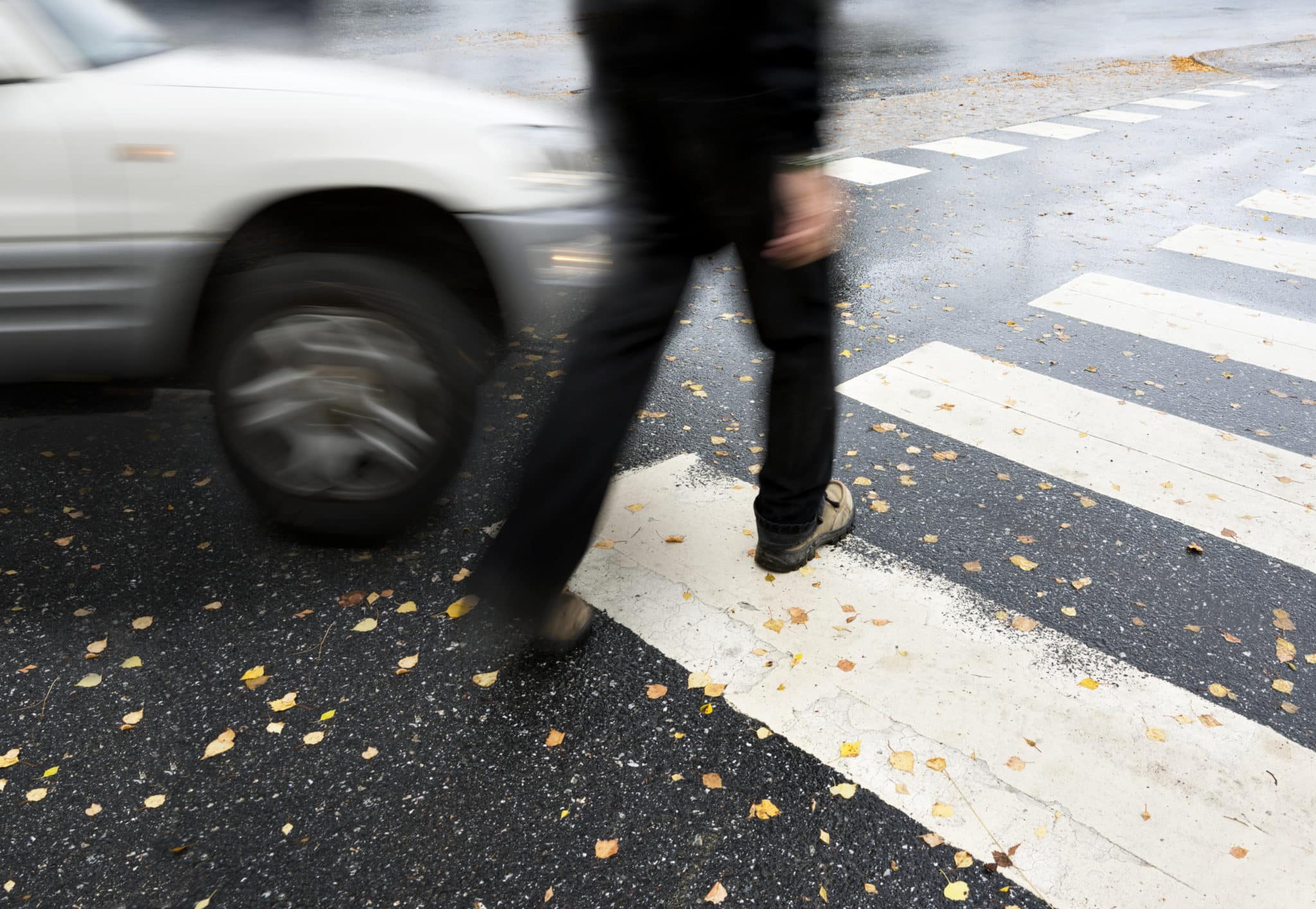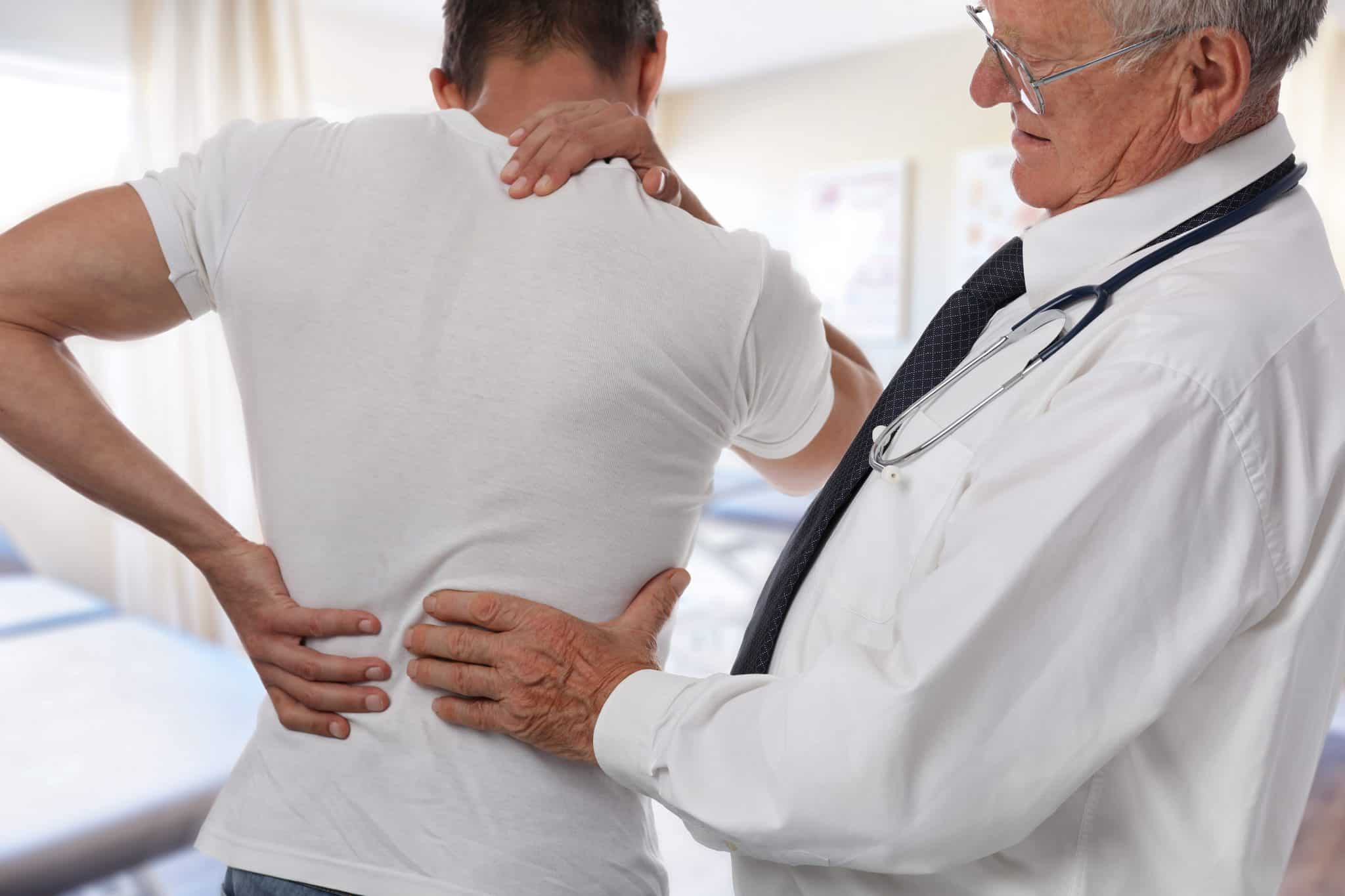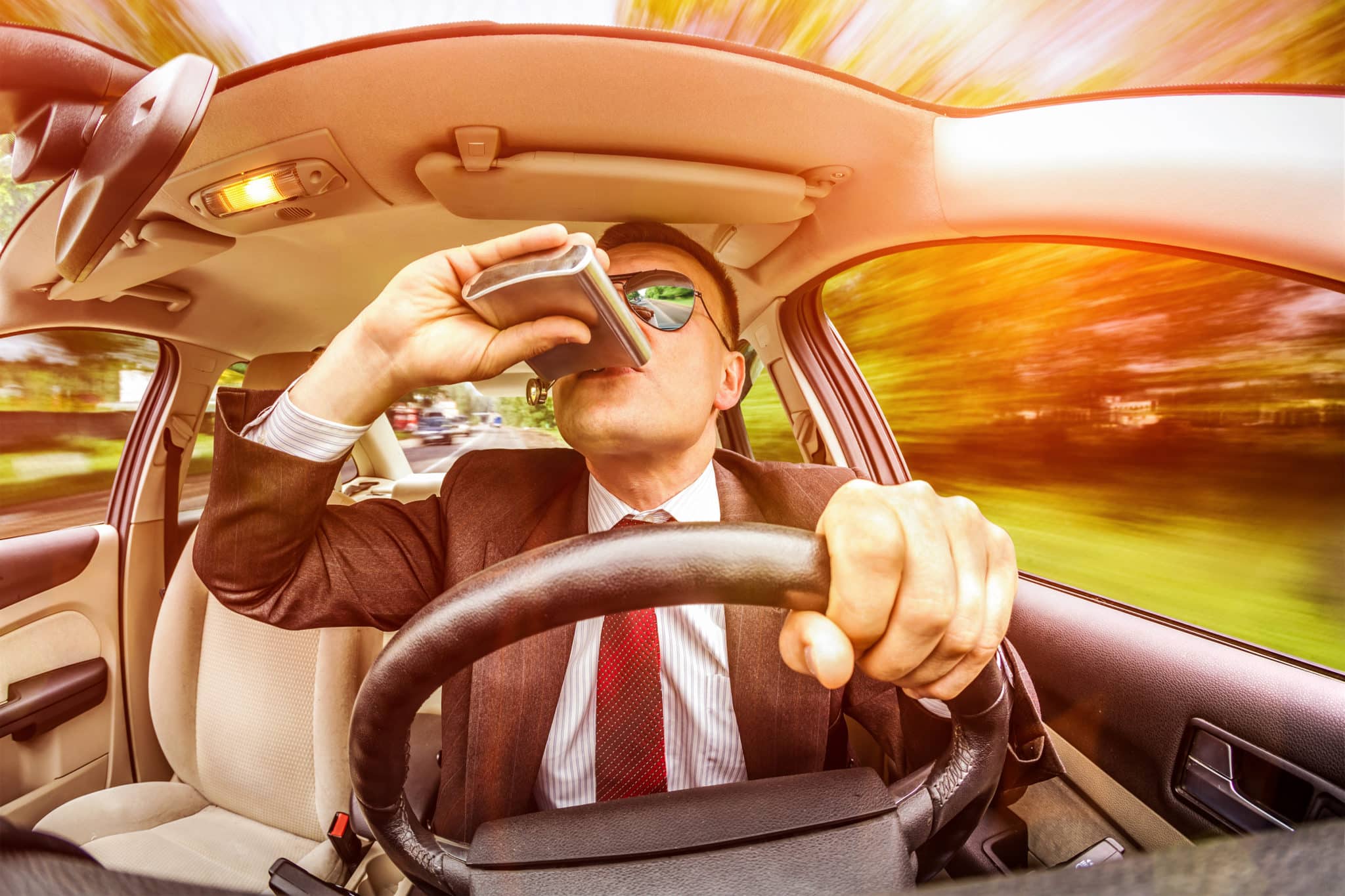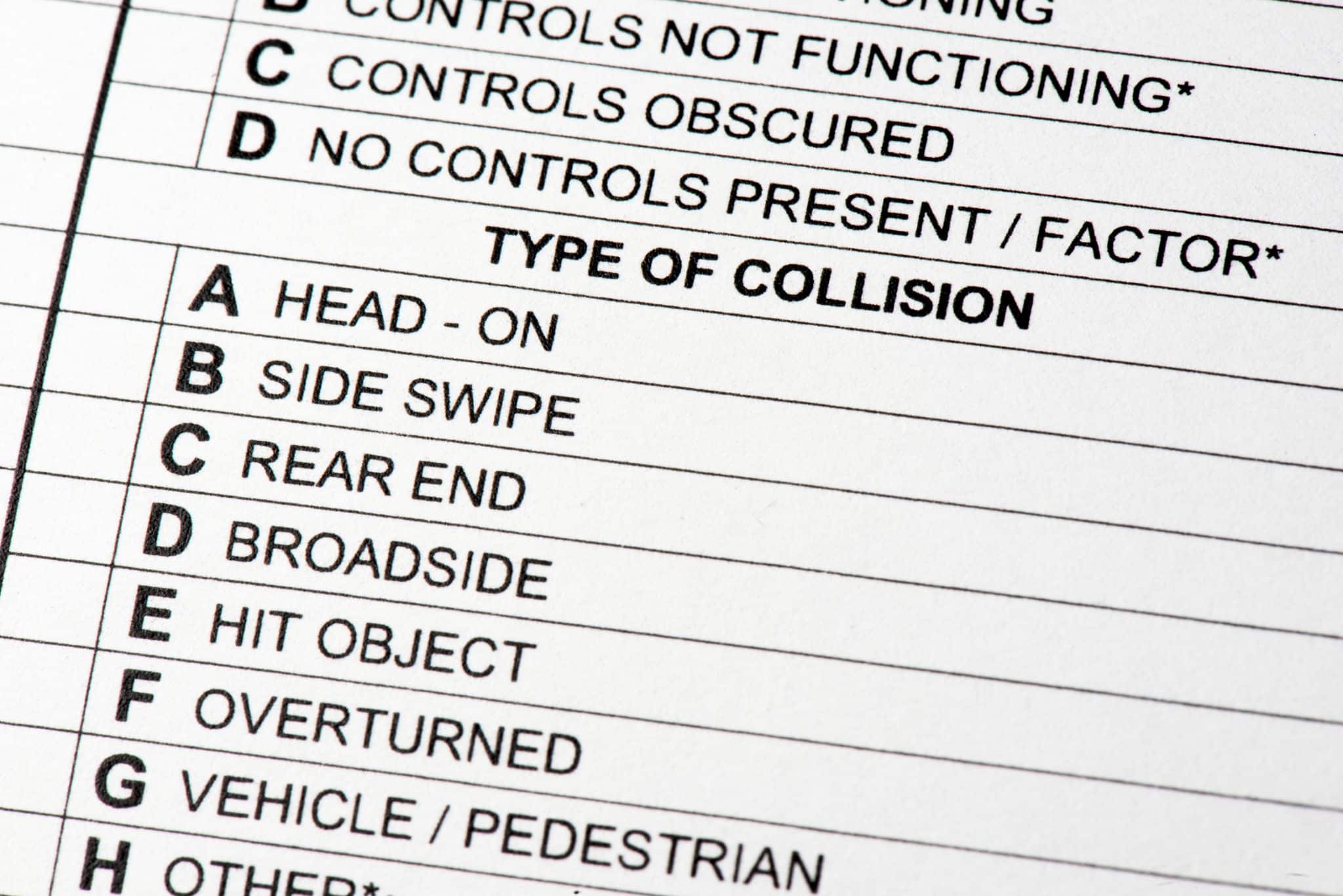There are a lot of questions surrounding how litigation funding works and what interest rates they are allowed to charge. This has been a point of contention over the course of the last few years, with a number of lawsuits and even a class action challenging the litigation funding industry’s interest rates. In October of 2018, the Supreme Court of Georgia decided the issue once and for all.
What Is Litigation Funding?
To understand the question, it is helpful to first understand what litigation funding is. Litigation funding, also known as legal financing, is the process of paying for some or all of the expenses of a lawsuit up front. If the lawsuit is successful, the funder is repaid in full plus interest. If the plaintiff is unsuccessful and does not recover anything, the litigation funder will also receive nothing. Because of the risk involved, the interest rate applied by litigation funding companies can be quite high.
Litigation funding is typically used in cases that are going to require serious resources to prosecute but have a high potential for success. Litigation funding is growing in popularity, but it isn’t a new idea. This type of funding has been legal in the United Kingdom since 1967, and it has been fairly common in most major countries since the early 2000s.
Georgia Law Related to Litigation Funding
In the case of Ruth vs. Cherokee Funding, LLC, a number of Georgia residents that received litigation funding from Cherokee filed suit against the company. The lawsuit alleged that Cherokee had charged exorbitant interest rates that were illegal under state law. Specifically, the suits charged that Cherokee violated:
- The Georgia Industrial Loan Act (GILA)
- The Payday Lending Act (PLA)
According to the plaintiffs, the money paid by Cherokee amounted to loans under both PLA and GILA. Both statutes cap the interest rates for loans under a certain dollar amount, which meant that if the courts agreed with the plaintiffs that litigation funding were loans, Cherokee would have been in violation of both statutes. Cherokee’s attorneys, however, argued that the payments were not loans but investments in the outcome of the lawsuit. Georgia law does not contain a limit on interest for investments, so this distinction is critical.
Loan vs. Investment
When the issue came before the Supreme Court of Georgia, the Court weighed whether or not the funds paid out by a litigation funding company were loans or not. In the end, the Court ruled on behalf of Cherokee on both the GILA claim as well as the PLA claim. The Court reasoned that the funds provided by litigation funding companies were not loans under Georgia law because, unlike loans, there was no guarantee that these funds would ever be paid. Because the plaintiffs would not have owed Cherokee anything had the lawsuit been unsuccessful, the Court found that the PLA and GILA did not apply and Cherokee was not bound by their interest rate limits.
While litigation funding is necessary in some cases, in most others it may make more sense to work closely with a Georgia personal injury attorney to ensure that a lawsuit has the resources it needs. To discuss your personal injury claim, contact Williams Elleby Howard & Easter, today at 833 – LEGALGA.

